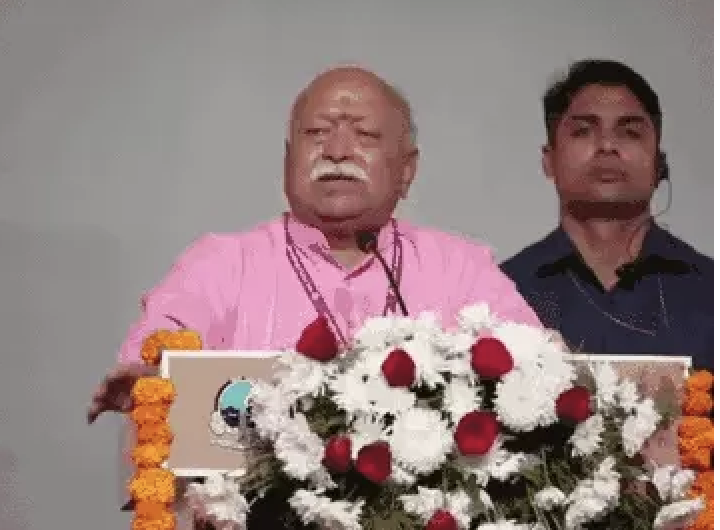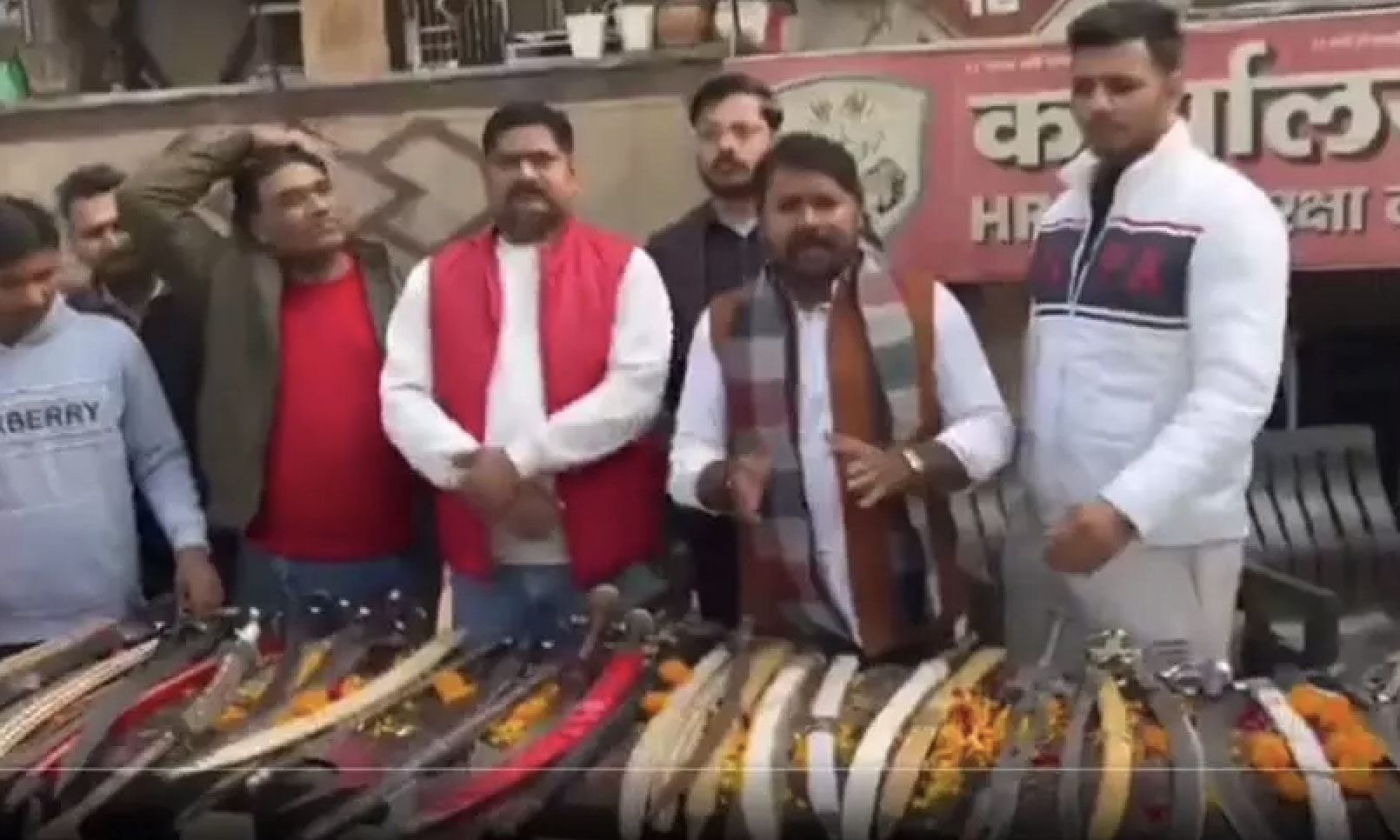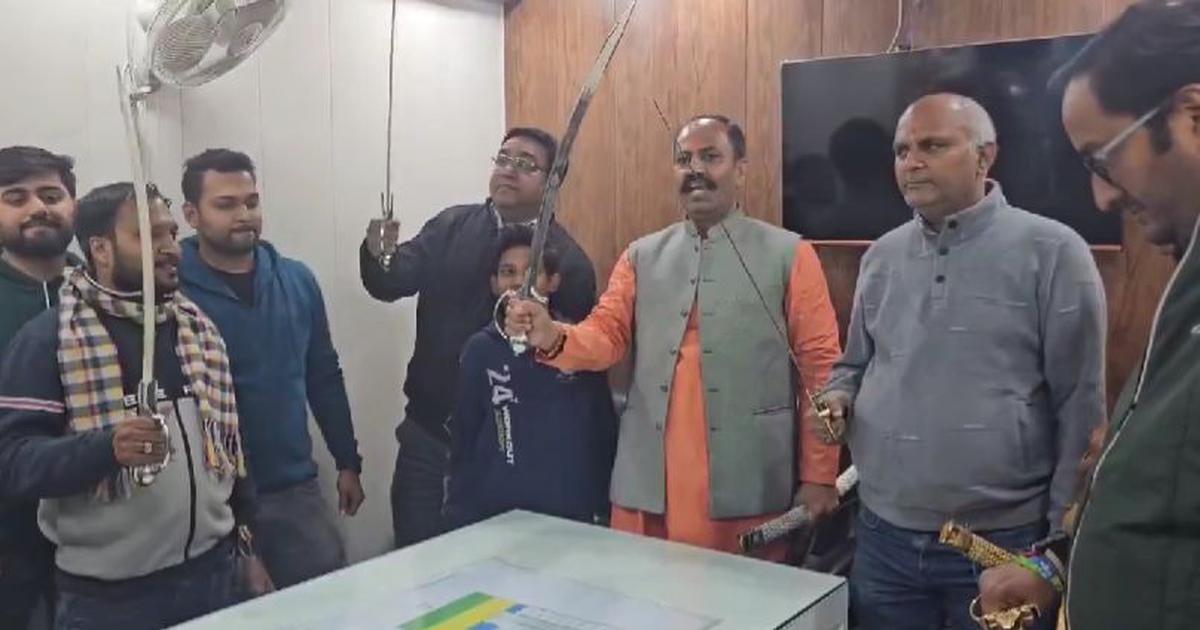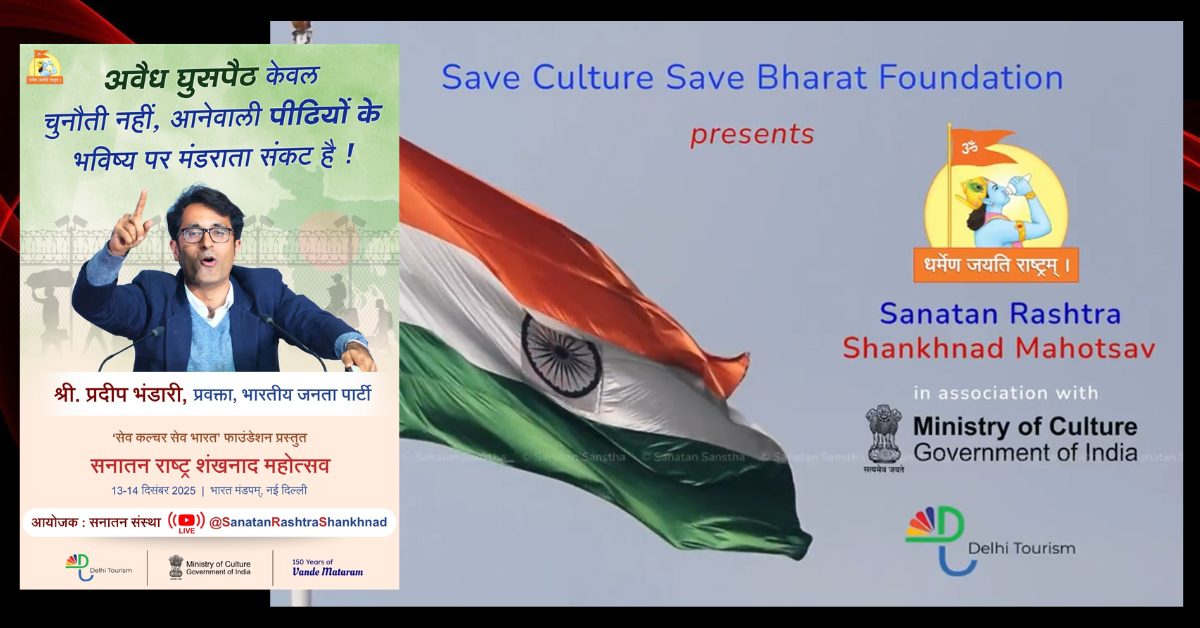
Hours after Delhi BJP leader Ashwini Kumar Upadhyay was arrested in connection with alleged inflammatory and anti-Muslim slogans raised at Jantar Mantar, the Supreme Court issued “urgent” directions, stating that state governments cannot withdraw criminal cases against MPs and MLAs without the approval of the concerned state High Court.
The directions were issued by the bench, headed by Chief Justice of India (CJI) NV Ramana, while hearing a plea filed by Upadhyay, who had cited a staggering pendency of cases against sitting and former MPs and MLAs, and sought a speedy trial by setting up of special courts
The former Delhi BJP spokesperson is not known to be a street fighter. Instead he has been a practising lawyer, who is known to keep his fights inside the courtroom.
Upadhyay has filed dozens of Public Interest Litigations (PILs) in his career as a Supreme Court lawyer, and most of them pertain to the avowed agenda of BJP and its fountainhead—RSS.
His repertoire of PILs include those seeking ban on “deceitful religious conversions”, to making yoga compulsory in schools for children between 6 and 14 years of age. Besides, his petitions also include making National Anthem compulsory in schools, and making Hindi— a compulsory language in schools across the country.
While many of his PILs have been dismissed by the Supreme Court – with the Court calling his petition on deceitful conversions as a Publicity Interest Litigation—some others have managed to lay the foundation for the bigger matters of Hindutva.
Before the Narendra Modi government in August 2019 abrogated Article 370 – that provided special status to Jammu and Kashmir — Upadhyay had filed a PIL in Supreme Court challenging the constitutional validity of the provision in September 2018.
Through five petitions filed in the Supreme Court last year, Upadhyay may just have set the ball rolling for a Uniform Civil Code in the country. In March 2021, the Supreme Court asked the government to file replies on the petitions that pertain to five aspects of civil laws—age of marriage, divorce, succession, maintenance and adoption.
In an important judgement in September 2018, the Supreme Court had left the task of weeding out criminals from politics to Parliament. This too had come out of a PIL filed by Upadhyay in 2015, along with an NGO, seeking to bar people with criminal antecedents from contesting elections.
This story first appeared on outlookindia.com






